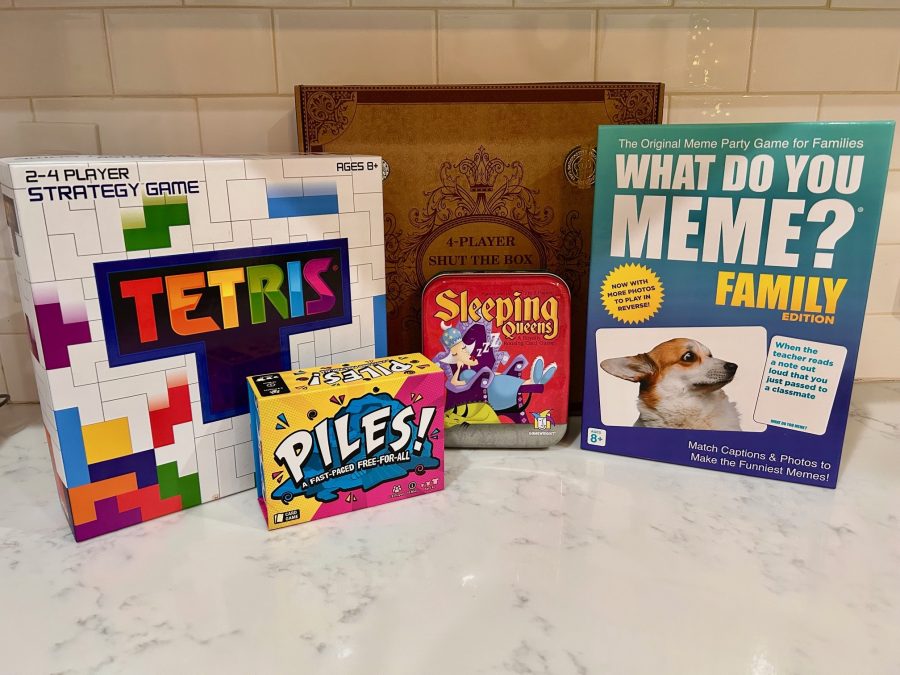People who live with anxiety face a battle almost everyday. I know because I have diagnosed anxiety. We often try to educate people on how to help us cope by giving them a lot of information at once. That can be helpful, but also overwhelming.
To understand anxiety you must first grasp that it affects the mental AND physical. We speak often about the anxious brain, but what about the anxious body?
Ever heard of generalized anxiety? It is anxiety that lives on the inside of a person. It involves their nervous system and causes sensations in the physical body. I think of it as my body having a panic attack. Imagine feeling like all of the sensors in your body are going off all at once. It kind of feels like “Oh no I need to cry, run, pee, sleep, scream, scratch all at the same time,” all while having sporadic shakes.
It can be triggered by nothing and everything. I wake up feeling palpitations — what we affectionately term as the jitters. It’s like a cell phone vibrating inside, and it can cause actual convulsions and shakes. I can be fast asleep and suddenly jolted awake with the sensation that I’m rocking on a boat, only to find I am laying perfectly still. It can also lead to rapid heart rate and hyperventilation.
Anxiety is heightened sensitivity. Did you know that applies to noises too? So one day I could be functioning just fine in my loud house with three children running around. Then the next day the sound of my five-year-old’s voice could cause my body to feel physical pain. My heart to pound. Imagine the very same sounds that bring you joy, i.e. your children’s laughter or your husband playing music on the piano … now sending you into shock and great discomfort. Sometimes a text tone can feel like nails on a chalk board to my body.
Anxiety sufferers often feel guilty because they know these are not symptoms people can see, and they can make others feel defensive or irritated. The truth is the best way for families to cope is to communicate and gain understanding of what is happening. I try to love on my kids extra hard on the good days hoping that they store up a little extra on the tough days. My plea to non-sufferers would be to have compassion and be patient. Educate yourself as much as possible on how this disorder affects all parts of the people you love.
















